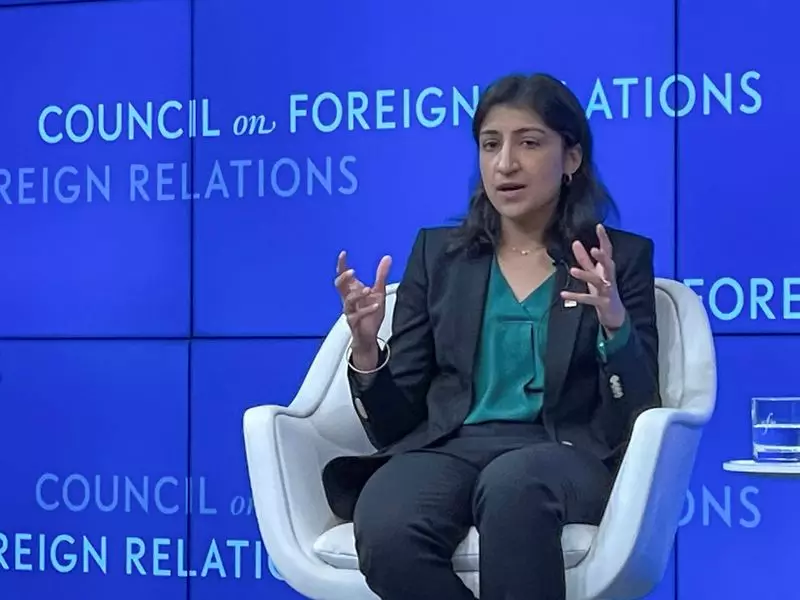In recent discussions about mergers and acquisitions in the United States, the spotlight has fallen on the Federal Trade Commission (FTC) and its Chair, Lina Khan. Her tenure has been marked by a renewed focus on antitrust enforcement that aims to deter anti-competitive practices from the very inception of deal-making. As companies increasingly evaluate potential mergers through an antitrust lens, they are not only promoting compliance but also reshaping the landscape of corporate consolidation.
Khan’s remarks at the Council on Foreign Relations symbolize a significant shift in the regulatory environment. Her message emphasizes that businesses should incorporate legal considerations into their strategic planning from the outset. This proactive approach could lead to enhanced compliance and a decrease in the prevalence of unlawful mergers. By instilling a culture of caution regarding antitrust violations, Khan argues that companies might rethink their merger ambitions, contributing to a healthier marketplace.
However, this renewed vigilance has not come without its critics. Khan’s tougher stance on antitrust issues has sparked concerns among investors and business leaders. Many contend that such scrutiny is siphoning off opportunities for growth through acquisitions. Critics argue that the process has become overly cumbersome and is leading to a slowdown in the merger pipeline, ultimately stifling innovation and competitiveness within key sectors.
Khan’s acknowledgment of the “hostility” she faces from Wall Street investors reveals the tension between regulatory objectives and business interests. While the pursuit of fair competition is essential, it is equally vital to consider the ramifications of stringent scrutiny on the corporate ecosystem. For instance, the hesitancy to pursue mergers could limit the potential for small firms to scale up quickly, thereby inhibiting overall economic dynamism.
In light of these challenges, Khan has called for more empirical research to examine the impact of antitrust enforcement on venture capital dynamics. This research is crucial to understanding how regulatory measures influence entrepreneurship and investment flows. Without solid data, decision-makers may struggle to find the right regulatory balance, putting the future of innovation at risk.
Moreover, the broader implications of strict antitrust enforcement must be evaluated alongside its intended benefits. Striking the right balance between preventing monopolistic practices and fostering a conducive environment for business growth is a delicate endeavor. If the pendulum swings too far toward regulation, the potential for economic advancement could be undermined.
As the regulatory landscape continues to evolve, businesses must adapt to the realities of heightened scrutiny. Developing an awareness of antitrust laws and embedding compliance into corporate strategy will be paramount. While the potential backlash from investors may be discomforting, fostering a culture that prioritizes legal compliance could ultimately benefit companies in the long term.
Lina Khan’s approach signals a pivotal moment in the realm of antitrust enforcement. The dual necessity of safeguarding competition while encouraging business expansion forms the crux of the debate. As conversations surrounding mergers and acquisitions grow increasingly complex, it is essential for all stakeholders to navigate these waters with foresight and adaptability.

